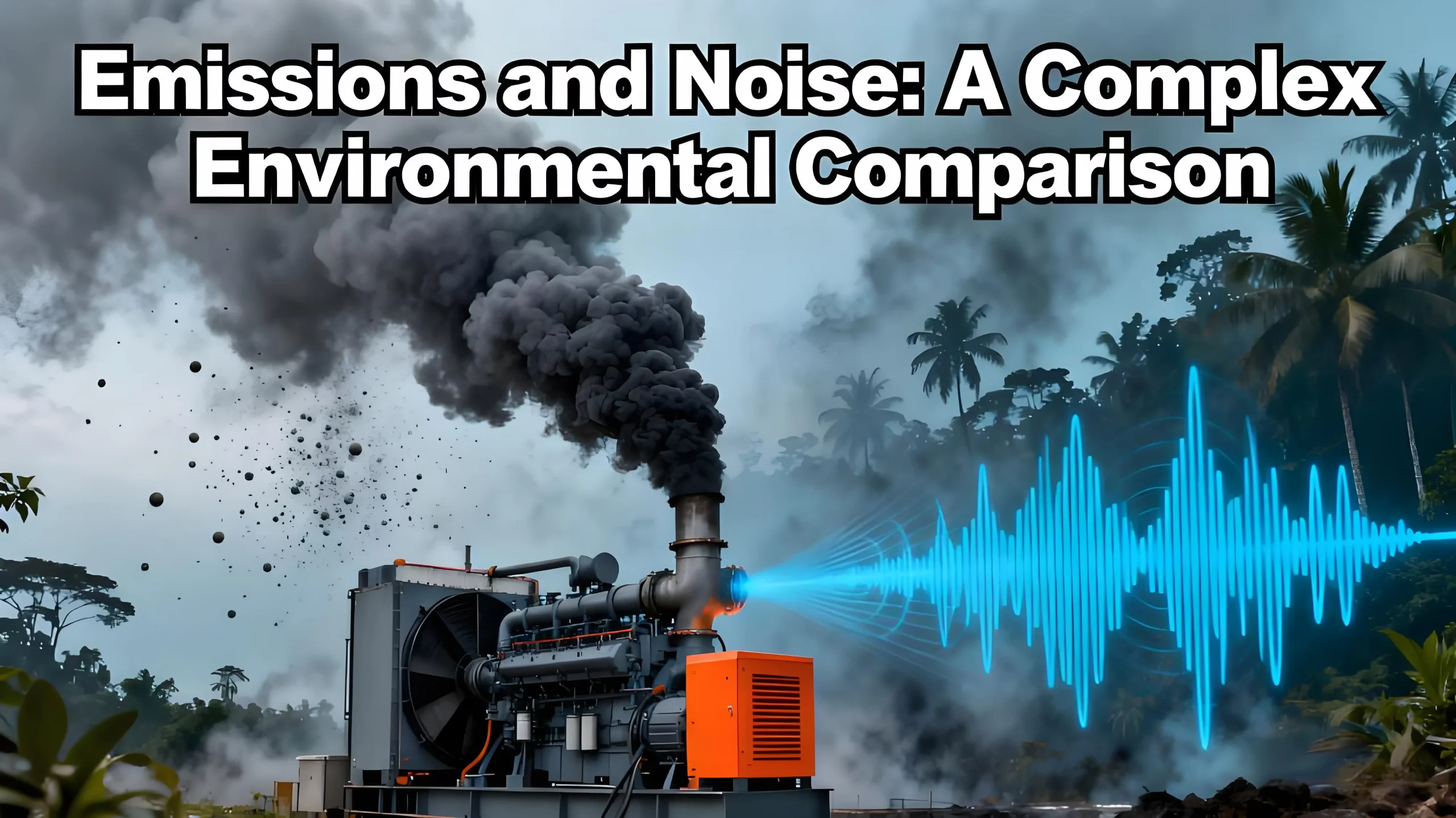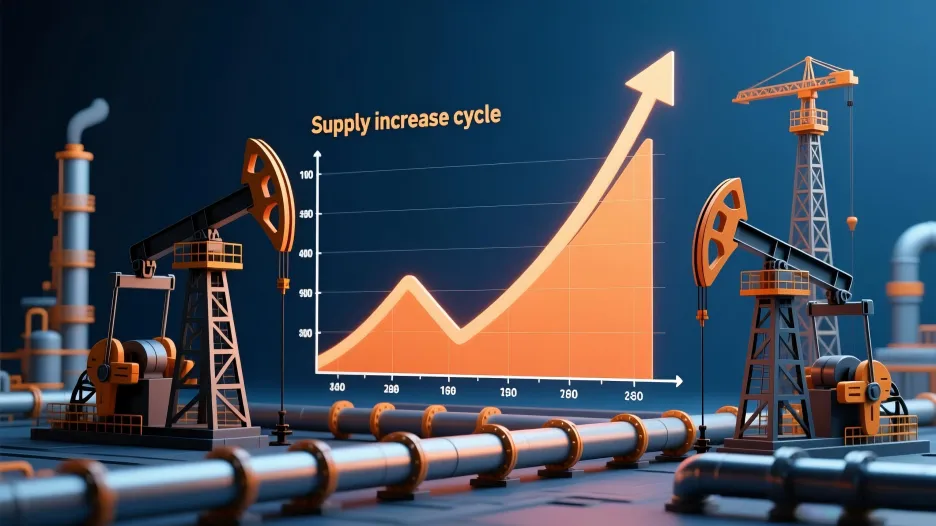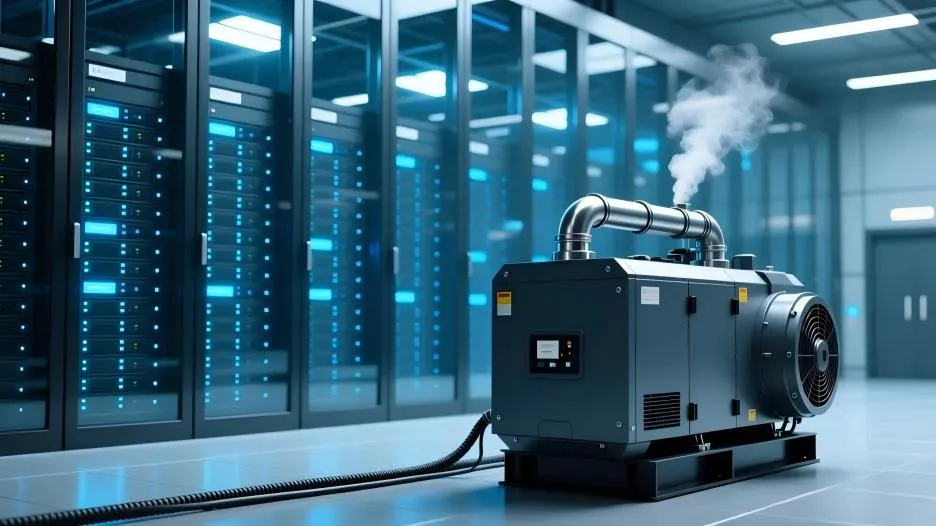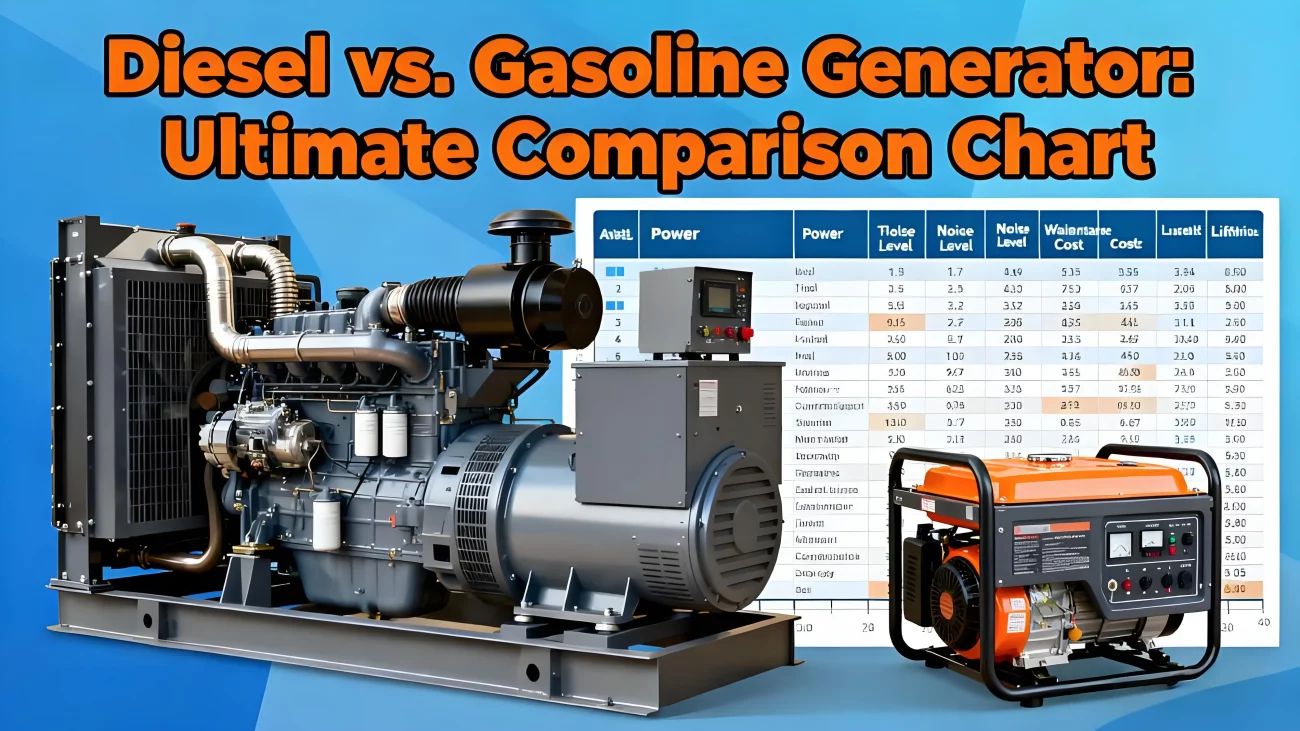Emissions and Noise: A Complex Environmental Comparison

The environmental profile of each generator type is a mix of trade-offs.
Emissions:
Gasoline Engines typically produce more Carbon Monoxide (CO) and hydrocarbons (HC) due to their richer fuel mixture and the use of carburetors (in older models), which are less precise than fuel injection.
Diesel Engines produce less CO2 per kWh due to higher efficiency but traditionally produce more Nitrogen Oxides (NOx) and particulate matter (soot) due to high-temperature combustion. Modern diesel systems with turbochargers, intercoolers, Diesel Particulate Filters (DPF), and Selective Catalytic Reduction (SCR) have dramatically reduced these emissions, but this adds cost and complexity.
Noise:
Diesel Generators are notoriously louder. The high compression pressure creates a characteristic "knock" or "clatter." While enclosures and modern design have quieted them, they are still generally louder than gasoline models of similar size.
Gasoline Generators run at higher RPMs but with less violent combustion, often resulting in a smoother, somewhat quieter hum, especially in inverter models.











